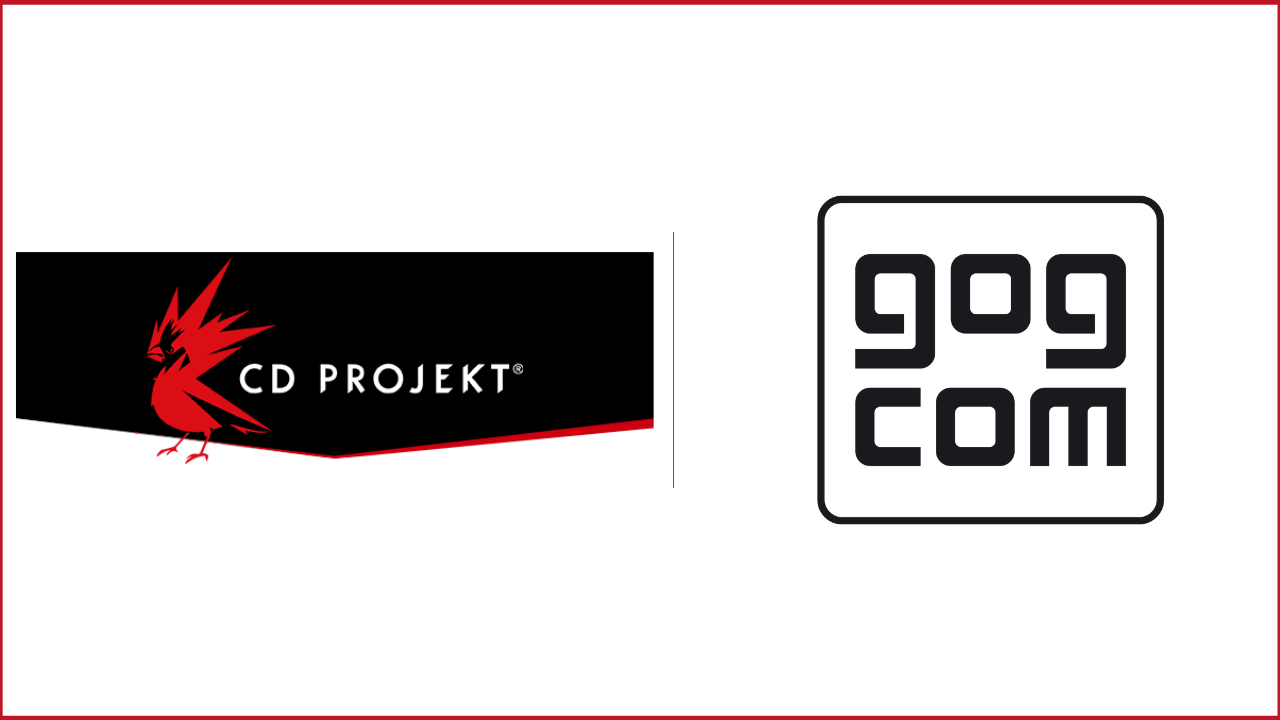The Association for UK Interactive Entertainment (Ukie) is a non-profit trade association for the video game industry in the United Kingdom. In alignment with the UK Government’s aims to enhance safeguards for players of all age groups, Ukie has unveiled 11 principles regarding the use of loot boxes in video games. These principles, recommended by the Technical Working Group assembled by the Department for Culture, Media, and Sport (DCMS), offer a framework to address concerns and elevate player protection.
Loot boxes, which allow players to acquire random items through real money or virtual currency purchases, have prompted discussions regarding their impact on children, adolescents, and adults. The government underscored the necessity for improved safeguards in response to these concerns. The official response emphasized that children should not have access to purchasing loot boxes unless supervised by a parent or guardian. Moreover, the response advocated universal access to spending controls and transparent information to promote secure gameplay. These two focal points have informed the 11 Industry Principles introduced by Ukie.
The Technical Working Group, consisting of representatives spanning the video games industry, formulated these principles through extensive consultations with DCMS, governmental bodies, scholars, advocacy groups, and consumer associations. These collaborative endeavors underscore the shared responsibility within the game industry to fortify player protection and enhance transparency.
John Whittingdale, Minister for Creative Industries, commented:
“We’ve been clear that the video games industry needs to do more to protect children and adults from the harms associated with loot boxes. These new principles are a big step forward to make sure players can enjoy video games responsibly and safely. I look forward to seeing games companies put the plans into action and will be watching their progress closely.”
Daniel Wood, Co-CEO of Ukie, expressed the significance of the shared Principles, stating:
“Publishing these shared Principles for how the industry approaches loot boxes is a UK first and provides us with a clear direction moving forwards. The Principles will improve protections for all players and underlines the industry’s commitment to safe and responsible play. We look forward to working collaboratively across industry and with others to implement them over the coming months.”
The 11 Industry Principles Encompass:
- Providing technological controls to prevent individuals under 18 from accessing loot boxes without parental consent.
- Promoting awareness and usage of technological controls through regular communication efforts, beginning with a targeted public information campaign.
- Establishing an expert panel on age assurance within the gaming industry to share best practices, monitor technological advancements, and engage with regulators and stakeholders.
- Transparently disclosing the presence of loot boxes before the game acquisition, allowing players to make informed choices.
- Offering clear probability disclosures to players about the likelihood of obtaining specific virtual items from loot boxes.
- Designing loot boxes in a manner that promotes fair and responsible play, ensuring they are easily comprehensible.
- Supporting the Video Games Research Framework to facilitate quality research while respecting data privacy.
- Addressing unauthorized external sales of loot box items and investing in intellectual property protection.
- Implementing lenient refund policies for loot boxes purchased without parental consent.
- Advancing player protections through responsible gaming information dissemination.
- Collaborating with the UK Government to assess the effectiveness of the Principles after a 12-month implementation period.
Ukie’s initial measures include a £1 million public awareness campaign featuring Judi Love, which will educate parents about effective player controls, beginning in July. This initiative coincides with the summer holidays and aims to guide parents in managing in-game purchases, screen time, online interactions, and access to age-appropriate content.
Although these principles are the products of a consensus about the regulation of paid loot boxes in video games, it is something to see if they will be effective. Since Ukie has no power or means to enforce these principles, it is a topic of curiosity what kind of an effect it will have on the industry. They’ll provide a guideline for the companies to follow or aim at, but without the power of enforcement, probably only some well-intended companies will comply with them willingly. Yet combined with the UK governemnt’s demand that the game industry to regulate itself on the topic, these principles may prove more effective than expected.





